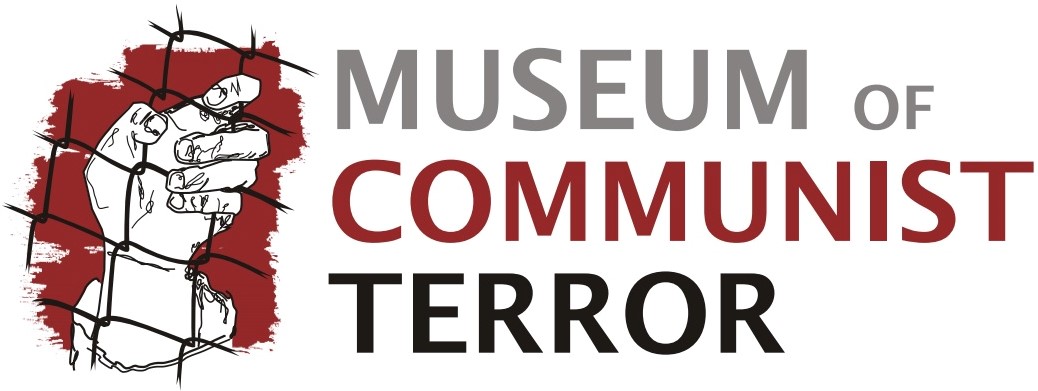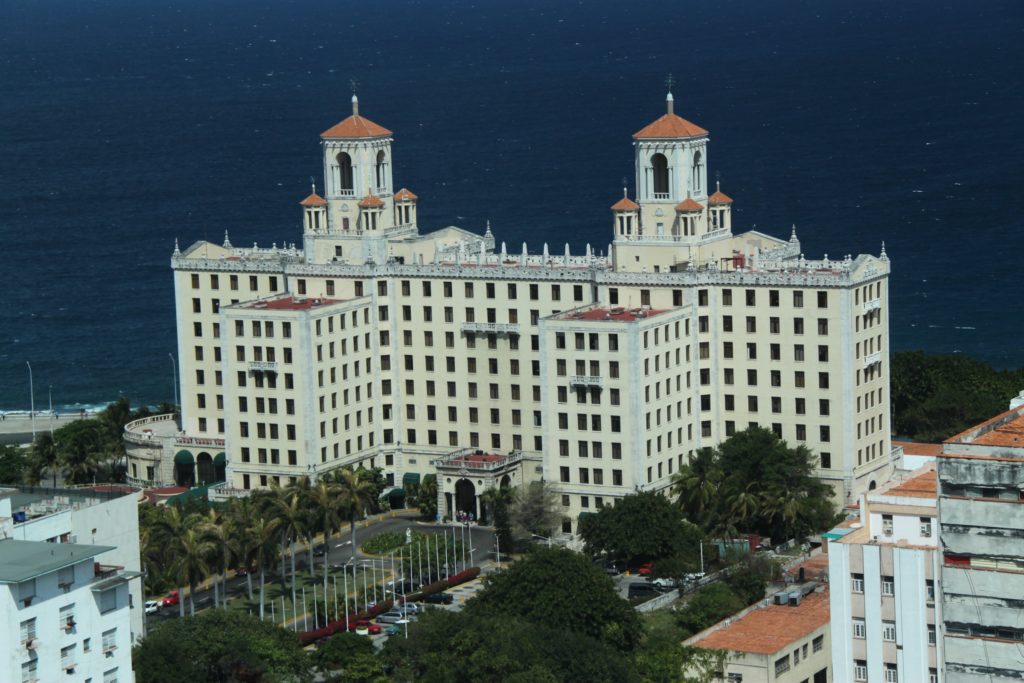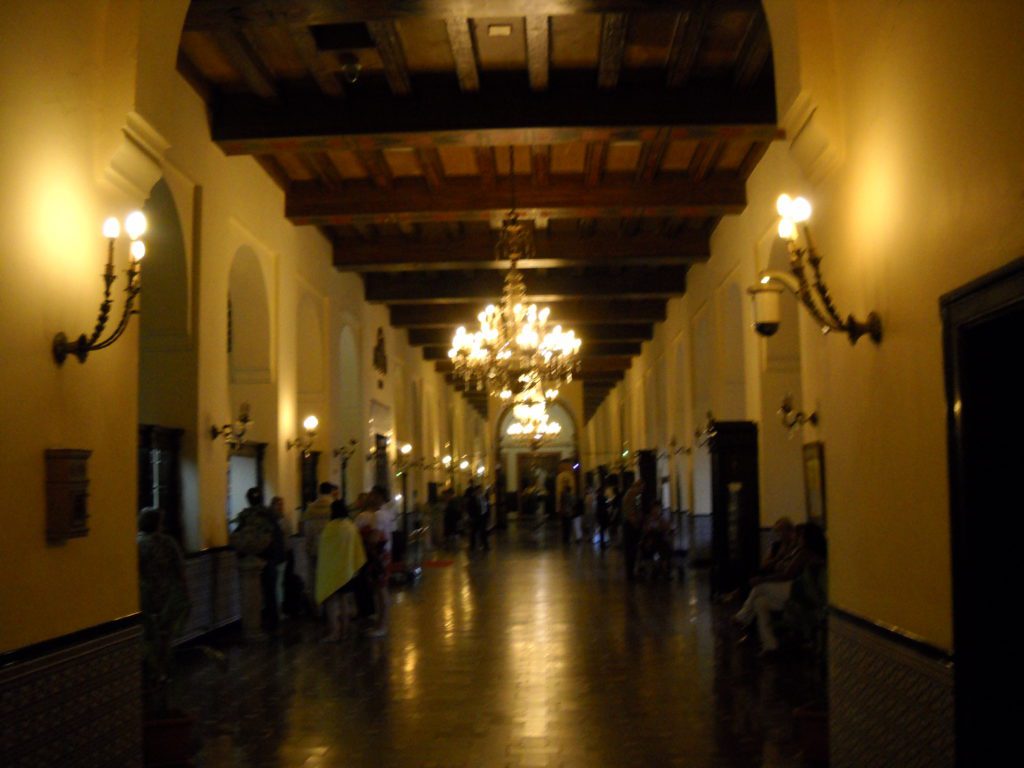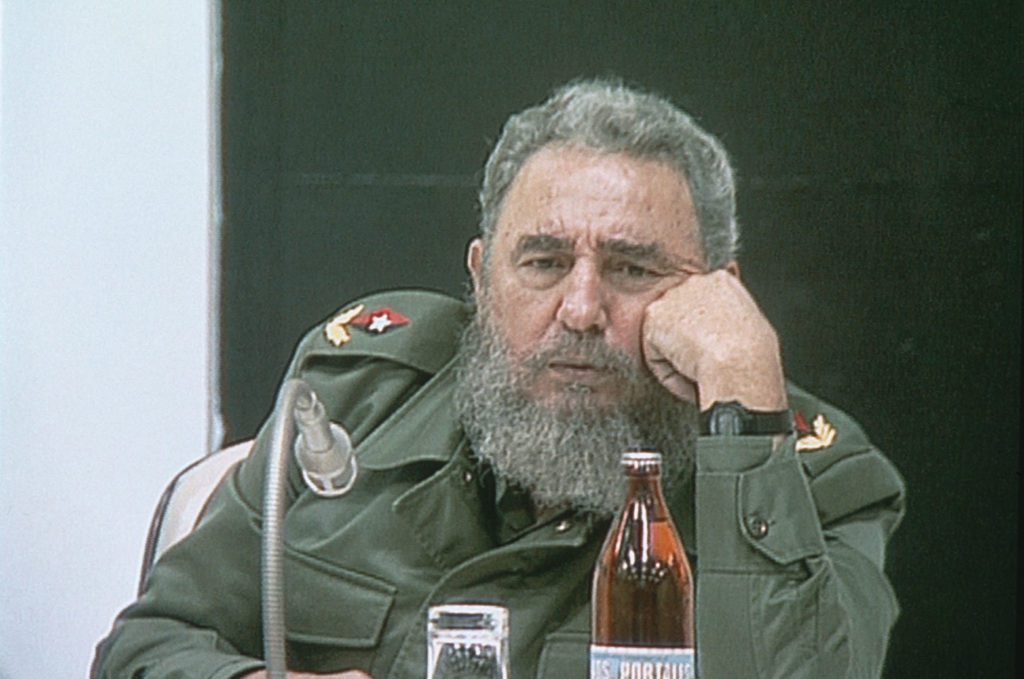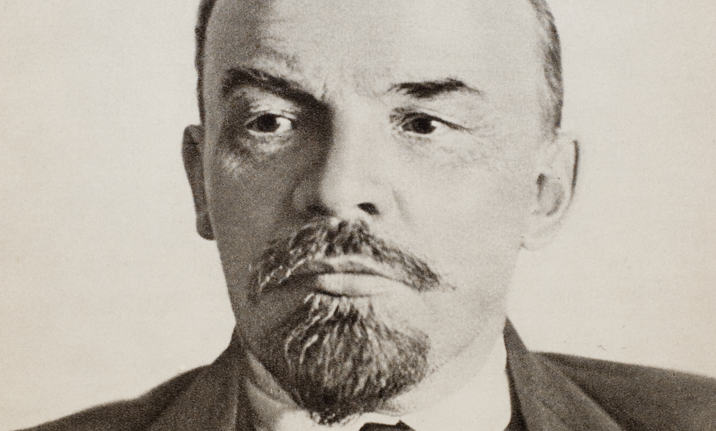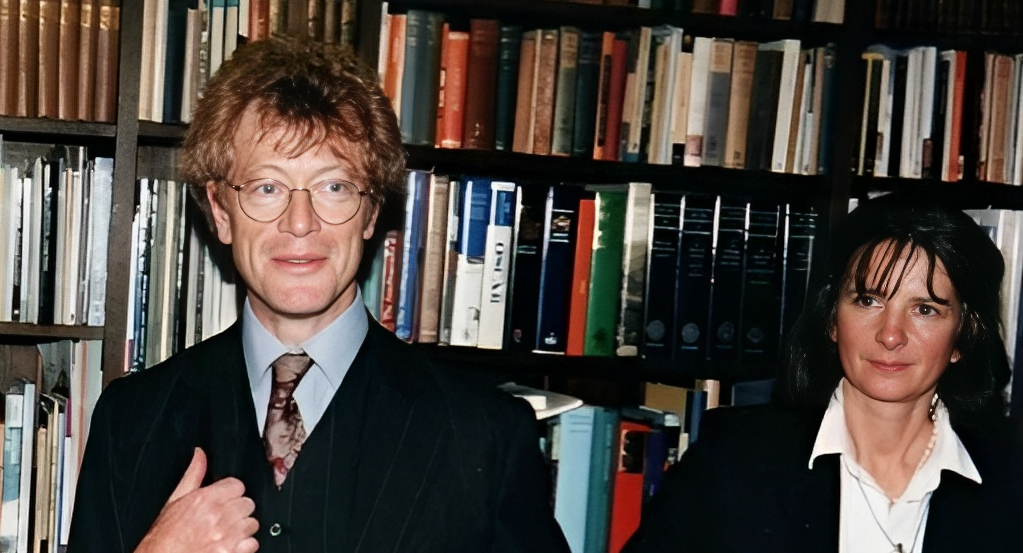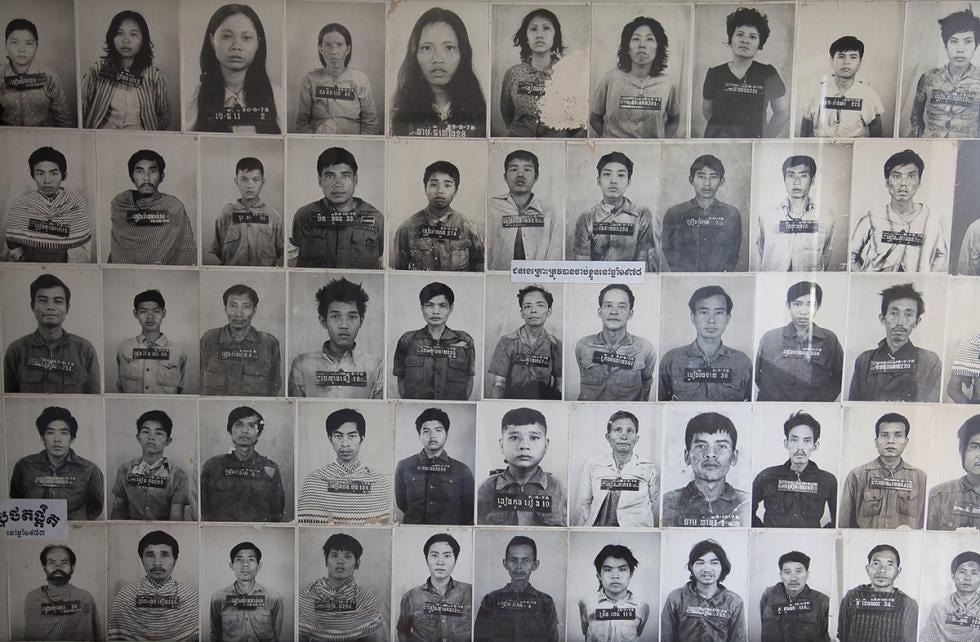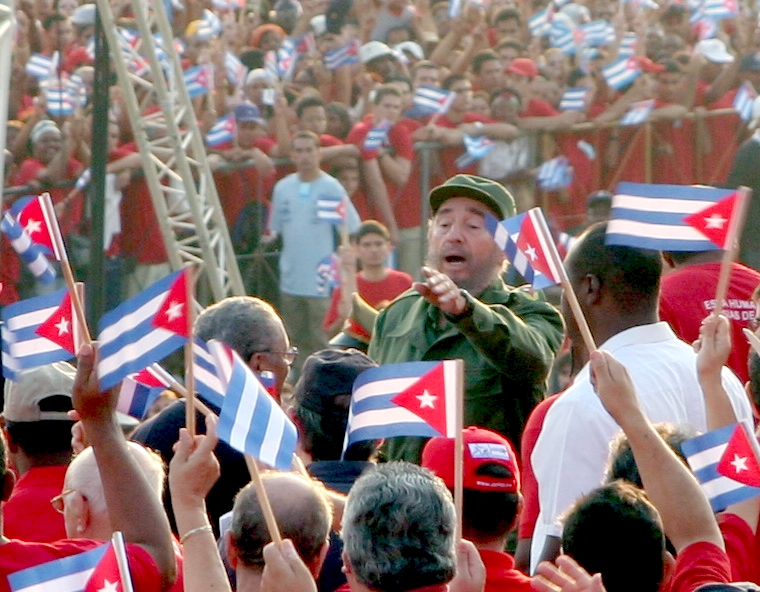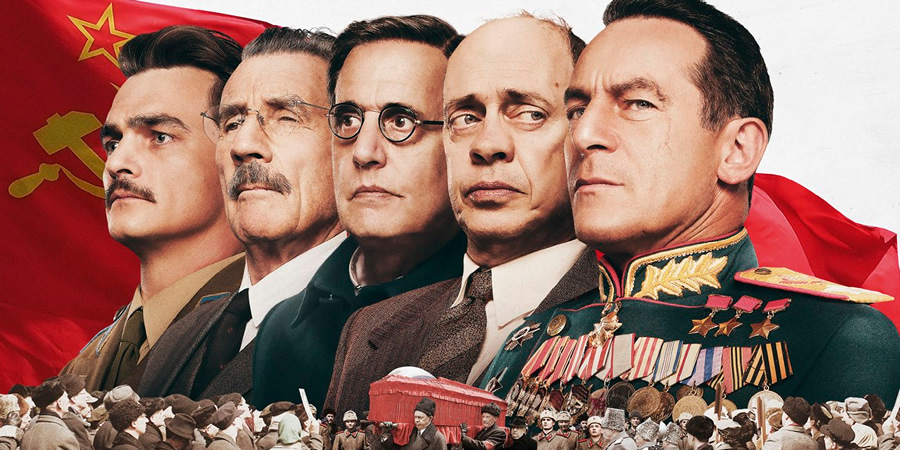Cuba, 2003
The colonel had agreed to meet me in the foyer of the Hotel Nacional in Havana. Spotting him amongst the throng of European travellers traipsing through the art deco hallway was not difficult. His expression of edgy expectation distinguished him from the dreamy glow on the faces of the tourists floating by.
The former comandante as he is known (once a comandante, always a comandante) is not relaxed but he agrees to a mojito in the garden of the grand hotel. The comandante looks around uneasily. It is not just that he is the only Cuban in the expensive precinct sipping a cocktail bought with dollars. He knows that Cubans themselves are not, by and large, supposed to enter these expensive hotels. The regime claims that it is preserving its people from an exposure to capitalist habits. Others have called this state of affairs an apartheid that allows tourists to live it up in these palatial hallways while Cubans who live here are turned away.
I understand the comandante’s unease, especially as I hear that he has fallen somewhat foul of the military in recent years and hasn’t found a way to join Cuba’s new elite of tourist operators or hotel managers as others of the old guard have. He is an old man who has served his time, but who apparently has no leverage, no money and no influence. Talking to foreigners can be a dangerous exercise (Cubans have been disciplined for consorting with foreigners in the past) but one which might offer opportunities. He wants to find a way to get in touch with an old friend who left Cuba in the 1970s and who is now an eye surgeon in Brazil.
He has trained himself to talk about things other than politics. But his interest in the subject has not diminished and any alarm or frustration on his part subside after a while. With a second mojito in hand, he becomes accustomed to the novelty of sitting in the ostentatious setting.
What grips the comandante is the pervasiveness of what he calls “paradox” in Cuba. It is not clear whether this is a ruse for explaining to me that things are not quite what they seem. Or whether, perhaps, it is a way of explaining that, under the calm acceptance of most Cubans, lies disenchantment. Paradox, the comandante explains in a hoarse whisper, is the only way the regime in Cuba manages to survive.
I have previously heard remarks about the difficulty of understanding how Cubans really feel about the government and the double-edged emotions that Fidel inspires in his people. But the comandante’s theme is rather different. He is an unusual Cuban. He is able to criticise the regime (only in private of course), to dissect its dubious record, to wonder at the sanity of its leader, without loathing it. It may be because he is something of an open-minded intellectual or because he is the sort of person who happens not to feel rancour. One of the reasons he doesn’t leave Cuba is that he feels he has lived through one of the wildest films the 20th century has seen and he doesn’t want to leave just before the finale.
At times I wonder if what he actually means by “paradox” is contradiction or downright hypocrisy. Anyway, it is an intoxicating theme. He argues that the prevalence of paradoxes is one of the reasons no one ever understands the Cuban reality.
He starts tamely enough. No one has anything to eat in Cuba but they somehow survive. No one has any soap but they are cleaner and better dressed than the Europeans who visit. No one has anything to say for Fidel, but they all turn out in the plaza to applaud him. This is the Hotel Nacional, the great bulwark of Cuban nationalism, but it was built by an American company in the 1930s called Pan Am. The Cubans are more enamoured of America than people think, although they are their deadly enemy: they play baseball (like America) and not football (like the rest of the world); American heroes are their heroes. They watch endless streams of American TV on illegal satellites. As for foreigners – he glances around the room – they used to come to Cuba, to discover the scope of the “new man”, el hombre nuevo (as Che Guevara was known). Now they come to rediscover the etiquette of the old ways and the spirit of the 1950s. That may say more about the disquiet about modern development in the West than about Cuba, but it is true that a Cuban holiday is a nostalgia trip.
He pauses and, shaking somewhat, he takes a sip of his cocktail, replacing it gingerly on the glass table. He notices that the bolero band is louder than it was and the waiters are otherwise engaged. He then launches his biggest paradox yet: the Americans have an embargo on Cuba but the only reason anyone survives today in Cuba is because of the money their relatives send them from the States. A cautious estimate is $1 billion a year in total – more than the entire sum earnt by the Cuban government in the sugar trade. That means America is Cuba’s biggest donor in aid, and the aid goes direct to the people.
When you’ve got used to that level of paradox, he ascends to new heights. His eyes gleam. It is only because of paradox that Fidel survives. He marshals his explanation slowly in the face of my obvious confusion.
Fidel is a brilliant manipulator of the international situation. He ran rings around the Russians – induced them to involve themselves in Cuba somewhat against their will – and never paid them. He is doing the same to the foreign investors who’ve arrived to scoop up some early deals before the US embargo collapses. He lures them here with promises of great profits and acts as if they are the next great friend, pretends that the real estate with which they do business may be their own private property, and a few years later, changes his mind and sweeps it back from within their grasp by making out that he has fallen out with them too for some unforgiveable capitalist trickery. Fidel, breathes the comandante, has no intention of paying any creditor.
The greatest paradox is, of course, the US embargo which everyone knows is an anathema to both the US and to Cuba. Even I, a paradox amateur, is aware of that. The comandante provides no special insight when he remarks that the only one who stands to gain from the embargo is Fidel himself: “How would he survive if the small island were suddenly to be awash with American capital again?”
Many have been aghast at the behaviour of the Cuban authorities in recent months – the imprisoning of about 70 journalists and dissidents and the execution of three hijackers who were determined to escape to Miami by diverting a ferry. The three were denied a trial and shot by firing squad at dawn three days after their alleged offence. The outspoken 70 were imprisoned for an average of 30 years each.
Armed with this new notion of wilful paradox, one begins to see another dimension. The only reason Fidel cracks the whip, and takes action of this sort, is that it makes it problematic for America to act to end the embargo. The intense lobbying behind the scenes by both Republican and Democrat groups to bring the embargo to a close have seen senators and businessmen queue up to visit the island in recent years. There have even been pharmaceutical fairs for US firms in downtown Havana. The Cuban lobby in Miami is not as influential as it once was in keeping the froideur alive. So Fidel was faced with the warming of relations. What was he to do?
The execution of the three escapees (who Fidel has referred to as terrorists) scuppered these manoeuvres in a trice and the lobby groups in the States calling for the end of the embargo have closed down. Even the EU joined in the condemnation leading some commentators to think that Fidel had miscalculated this time. But emerging from an avalanche of international censure is precisely where Fidel likes to be. The more embattled he is, the more heroic he can claim to be.
If a foreigner zigzags in their thoughts about Cuba, that is precisely Fidel’s position. He opens up the economy to foreign investment; a year later he battens down the hatches and creates numerous caveats; he opens up again. He allows private restaurants to open up; when they get too successful, he closes them down. He is a quite brilliant reader of the international scene and pre-empts prediction. He makes Cubans believe that Cuba is about to be invaded by George Bush, as if it were the next in the “axis of evil”. This allows him to undertake some much-needed austerity measures. It is even rumoured (among Cubans) that he has orchestrated a few episodes which makes it look as if he is under siege from terrorists.
The other night in Havana, some fireworks went off to celebrate the 50th anniversary of the start of the revolution: some Cuban friends of mine went out into the street thinking the Americans had arrived. My friend Pedro, who works as a cleaner in an embassy but who is actually a lawyer, feels a profound fear at the prospect, without quite knowing why. His grandmother, who lives in a tiny room in the cavernous, coagulated streets of central Havana, has nothing to do but sell matchsticks which she siphons off from a factory she used to work in. She would cut “the bearded one” up into tiny pieces if she could, but she believes the rhetoric that Bush will come to Cuba next, and she fears they might take away her room. Fidel’s rhetoric has worked on her. He has used the discordant relations between the US and Cuba once again to rally his people to him.
The comandante in front of me is more sanguine. He doesn’t believe any of this. He thinks that the day will come, sooner or later, when the Cubans and the Americans will embrace quite openly again. The comandante believes that there is a mutual curiosity which makes former enemies more interested in each other than people imagine.
And anyway, he says with the delight of a paradox artist, everyone now knows the Americans are now paying for the revolution and paying for the Cuban people. He thinks that any animosity will, when the time comes, fizzle out in a spirit of enquiry, of hungry curiosity, with the same dreamy glow that the tourists wear when they first arrive at the Hotel Nacional.
This is an edited version of an article which was first published by OpenDemocracy in 2003.
More Articles

